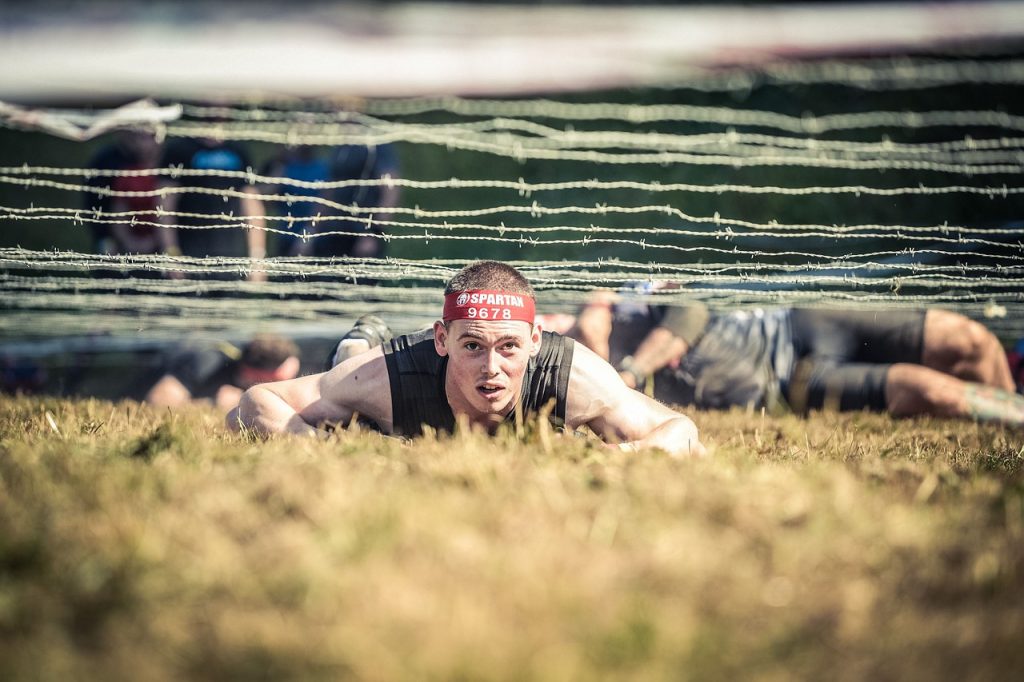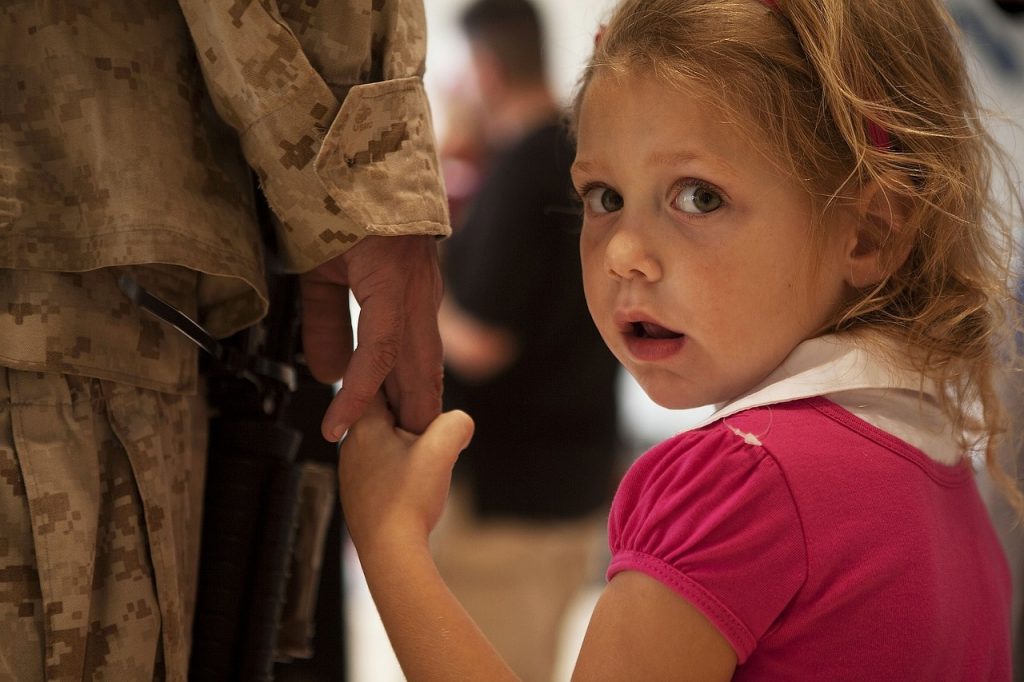Written by Fernando Cardona & Eloísa Thomas

Want to get into the military? Whether you want to serve the country, earn good money or get a college education, the first step is finding a recruiter. Wondering how to find a recruiter? A good recruiter will help you choose the best career path and solve most of your doubts about a military life. Today I’ll share some of my best tips!
What’s a recruiter?
It’s important you remember that each branch of the armed forces (Army, Air Force, Coast Guard, Marine Corps, and Navy) has its own recruiters who work on their behalf. So, in general, you’ll have to find a recruiter from the force you’d like to start your career with.
While most recruiters are from the military, the Army also employs companies with civilian recruiters. Keep in mind that while these might be technically considered civilians, many of these recruiters have served the armed forces, and have first-hand knowledge of the lifestyle in the military.
Why should you look for a recruiter? 5 reasons to find a recruiter
After several years coaching students, I know many applicants benefit from finding a good recruiter to solve their questions. Here’s why you should look for a recruiter:
- You don’t know which branch to serve: This is very common! If that sounds like you, try and visit a recruiter from the branch that interests you the most and get to know your future career options.
- In-depth information: Many times, only someone who has already been inside the armed forces will know the structure, organization and expectations. Meet a recruiter to ask them specific questions about the occupational and organizational structure.
- Find your military calling: There’s no one way to serve the military. In fact, military careers are really diverse: for example you can build a career doing car maintenance, nursing, piloting, becoming a military police officer or even a linguist. There are many options!
- Get advice tailored to you: While you can always do an internet search, personal communication is key in the enlistment process. A good recruiter will explain the benefits of joining the Army. For example, this could include your medical care options, housing opportunities or the subsidy you can claim for dependent relatives.
- Understand what ASVAB scores you need: Once you have found a good recruiter, they will explain the scores you need to get into the military branch you chose. While your scores aren’t the sole way to select which rank you can start with, it is a big part of the final decision. Test scores can help to determine in which jobs the candidate can best serve the military.
Ask about everything: your reinstatement bonus, retirement program, as well as military / civilian educational options. This will make your interview more useful and you can make an informed decision”
What questions should I ask a recruiter?
It’s common if you feel anxious when interviewing with a recruiter. Since it’s their job to ask about your educational, psychological and occupational history, it can feel a little stressful. However, remember they need to perform a full evaluation to determine which military programs best suit your interests and skills.
Typically, the recruiter will see you by appointment and your time may be limited. Because of this and your nerves, it might be difficult to clear all your doubts during the interview. In general, I recommend you go to your interview with someone else and write beforehand the questions you want to ask. When in doubt, don’t be afraid to ask the recruiter for written material, such as regulations, guides or brochures. It will make it easier to process all that information and make an informed decision.
Keep in mind that you should ask as many specific questions as possible. If you don’t know what questions you should as your recruiter? While these depend largely on your specific needs, here are some examples:
- What steps should I follow to enlist?
- What are the criteria on which the selection process is based?
- What are the training start dates? What’s basic training?
- What are the differences between active duty and reserve?
- What’s the minimum and maximum duration of contracts with the army?
- What are the benefits (salary, bonuses, housing) that I can expect according to my occupation?
- What opportunities do I have to improve my training and benefits according to my occupation?
- Is it possible to know beforehand where my service would be?
- When can I see my family again?
- What if I get sick?

How to contact a recruiter near you
It’s common to find recruiters at job fairs and career programs. Recruiters also visit communities, schools, and college campuses to explain the employment and training opportunities the military offers. Some military recruiters are based in recruiting offices located throughout the United States. They meet with candidates by appointment or walk-in.
Recruiters do promotional work, so they can distribute brochures, give testimonials or present a slideshow on the many opportunities available in the military. To locate a recruiter near you, you can track the nearest recruiting office by location. Here are the websites where you can find a recruiter:
My final thoughts
Having a recruiter you trust and that answers your doubts is the first step towards a successful military career. The next step? Getting the best possible score on your ASVAB test. Of course, you can prepare for the test by yourself! But having an expert on your corner, cheering you on and helping you thrive, makes it easier to ace your test.
As my student, you will have access to live lessons, a library of helpful videos, personalized advice and tips to ensure you get the best possible score. Interested? Connect with me here, email me, or call at +17872238189. Together, we’ll make sure you pass the ASVAB test!
